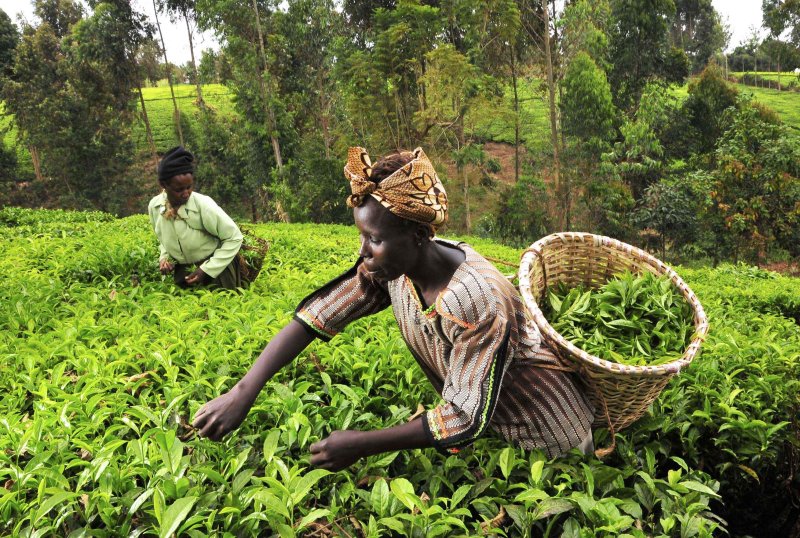A report recently published by the United Nations Food and Agriculture Organisation (FAO) says a total of 8.1 million people are currently facing acute food insecurity in Nigeria.
…
With the current population of over 180 million people, famine, malnutrition and hunger are staring the nation in the face. All these emergency situations are closely linked with the inability to produce enough food to feed the people, which make it obvious that the conventional method of agriculture is not working for us.
Agricultural biotechnology has been suggested as one of the tools that can contribute to solving the food production deficit in the country and has taken concrete steps to entrench biotechnology in agricultural production. This is because Nigeria, like most African countries, may face two daunting challenges in the 21st century: how to feed its growing population and secondly how to adapt to climate change.
[T]he application of modern biotechnology and biosafety regulation of GMOs is one of the most highly debated issues globally, [and] Nigeria has not been left out of this debate.
The GLP aggregated and excerpted this blog/article to reflect the diversity of news, opinion, and analysis. Read full, original post: Why Nigeria Needs To Key Into Biotechnology Global Evolution































